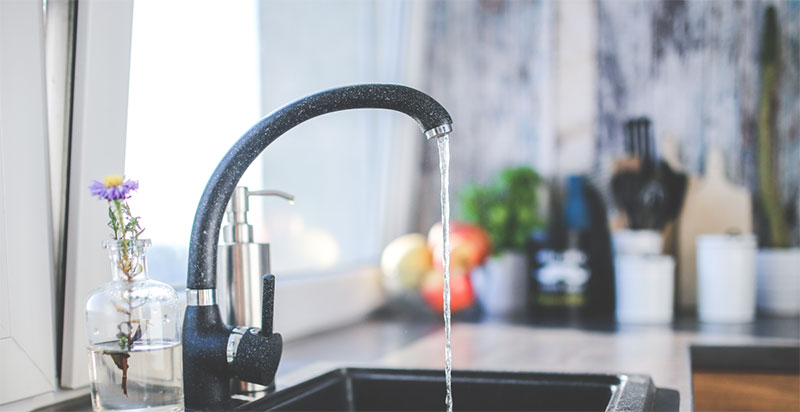Blocked drains are a common household problem that most of us will struggle with at some point. While blocked drains might seem like a small issue, it’s important to work with an experienced Brisbane plumber and deal with the problem quickly. Left unchecked, blocked drains can cause serious flood damage and turn a minor problem into a huge repair bill. In this article we’ll look at 7 of the most common causes of blocked drains and what you can do to fix the issue.
Build Ups of Debris
The most common cause of blocked drains is build ups of debris. This type of blockage is almost impossible to avoid entirely. The ways you use your plumbing in everyday situations will eventually lead to blockages that are caused by things like:
- Cooking oil deposits
- Food scraps
- Clumps of hair
- Soap scum
- Mineral deposits
- Dirt, silt and sand
The best solution for these sorts of problems is preventing the issue altogether. Make sure you’re regularly cleaning your gutters, dispose of cooking oil properly and avoid flushing things like food scraps down the drain. Chances are you’ll still have to deal with a blocked drain at some point, but a little bit of effort can prevent the issue from occurring regularly.
Foreign Objects
Foreign objects are the next most common cause of blockages. This includes things like stones, pebbles and small children’s toys. It can be hard to prevent foreign objects from getting into your drains. After all, they usually end up there because a cheeky toddler was amusing themselves by stuffing things down the drain. Happily, these types of blockages can usually be cleared by a plumber easily.
Collapsed or Broken Pipes
Pipes that are broken or have collapsed can prevent water from flowing and cause backups. Unfortunately these are some of the most complicated types of blockages to fix. Broken, damaged and collapsed pipes normally occur underground where they’re hard to reach. That means your plumber will likely have to excavate the pipes in order to repair or replace them.
Invading Tree Roots
Tree roots are another common cause of blocked drains, especially in the warmer months when trees are growing. Tree roots that are in search of water may be able to work their way into your drains. This usually occurs where a pipe has existing damage that allows the tree roots to find their way in, but large tree roots may be able to strangle and break pipes from the outside.
Once tree roots get inside your pipes they can cause serious damage and major blockages. A plumber may be able to clear tree roots using a special water jetting machine, but the problem will reoccur if the damaged section of pipe isn’t replaced properly.
Flash Flooding
The stormwater drains on your property are separate from the sewer drains that are attached to fittings like sinks and toilets. Stormwater drains can handle most rain events, but serious storms or flooding can easily overwhelm your pipes. Storms and floods are a particular problem because the water is often carrying large amounts of dirt, leaves and other debris. This debris gets caught inside your pipes and can quickly turn into a major blockage. The flooding caused by a blocked storm drain can do serious damage to your home. If you notice your storm drains or gutters overflowing during a rain even then you should contact your plumber immediately.
Incorrect Slope
Drains are designed to use gravity to create a natural flow of water from your home back to the sewer system. If your pipes aren’t laid correctly, there may be insufficient slope to create this drainage effect. Eventually this can cause build ups of dirt and debris in horizontal parts of your drains. In the worst case it may even cause the sewer system to flow back towards your home.
The only way to fix drains that are laid with an incorrect slope is to excavate and realign the pipes. This is a job that should be left to a qualified plumber.
Poorly Installed Pipework
In Australia all plumbing work is required to be carried out by a licensed Brisbane plumber. That should offer you some peace of mind, but it’s still possible for mistakes or shortcuts to happen. Bad practices like using poor quality materials, misaligned pipes and large step-downs in drain diameter can all cause blockages. These types of problems can only be rectified by a qualified plumber. Depending on the severity of the problem, your plumber may be able to replace certain fittings, or they may need to replace large parts of your plumbing system entirely.
